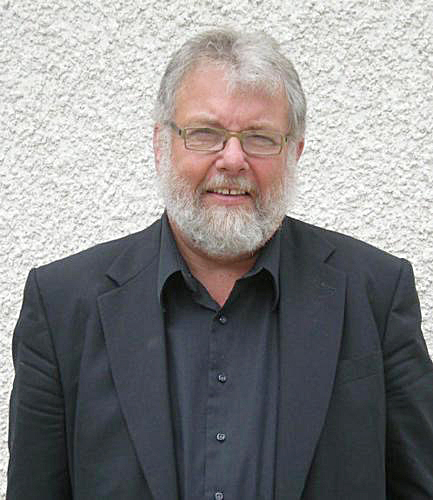
Reminiscences of a political life
The Jan. 23, 2006, federal election brought Stephen Harper to power as the head of a minority government. His victory was not expected initially. The minority Liberal government of Paul Martin had fallen in December 2005, when the NDP withdrew its support. The expectation had been that the Liberals would be re-elected. The NDP expected that the Liberals would be re-elected with another minority but were hoping for a significant increase in NDP seats, such that the new minority Parliament could be a stronger opportunity for NDP policies being adopted.
No one could foretell that over the Christmas holidays the Liberal campaign would take a dive after a surprise mid-campaign revelation of an RCMP investigation into a cabinet minister, and that the end result would be the election of Stephen Harper as Prime Minister of a minority Parliament.
In the Liberal budget of February 2005, the NDP had negotiated with then Prime Minister Paul Martin 4.6 billion dollars in return for our support. The money came from reductions in planned corporate tax cuts and was allocated to needs like housing and other social needs. The then Leader of the Official Opposition, Stephen Harper was not pleased, and called it the first ever NDP budget.
It was a difficult time politically speaking. Every second call to the constituency office was to the effect that if I voted to keep the Liberals in office, they would never vote for me again. Every other call was to the effect that if I didn’t support the Liberals, and the eventual result was a Tory government, they would never vote for me again. Constituents want you to do what your constituents tell you to do, but they often don’t realize that their fellow constituents are just as divided on an issue as Parliament is. The other reality is that a significant portion of the people who call to say that they will never vote for you again, never actually voted for you in the first place. It’s the people who you know did support you before that cause the most political anxiety: the joy of politics! At the end of the day, you have to do what you think is best for the country and let the chips fall where they may.
With the election of Harper there was a fear that he would not honour the 2005 agreement and nix that portion of the $4.6 billion that hadn’t been spent yet, even though many plans were already in play. NDP Leader Jack Layton asked me to meet with the new Prime Minister in his office across from the Hill, in the Langevin Block. I was accompanied by the new NDP House Leader, Libby Davies, MP for Vancouver East. Always nice to have a witness. As an aside, I remember being a bit shocked at how worn and a bit tawdry the place looked. No can accuse Canadian Prime Ministers of luxurious surroundings.
In fact, contrary to public opinion sometimes, Canadian politicians in general are treated to quite frugal conditions, compared to American politicians, for example. I remember going to a meeting of Canadian and American politicians in Memphis once. The Americans arrived in two jet aircraft, as Senators and Congressmen as a rule don’t fly together, each with their own physicians, military personnel, and other staff. Canadian MPs and Senators arrived together with minimal staff, all in one old propeller driven aircraft. But I digress.
Meanwhile, back at the PMO, after some conversational niceties, I explained to Prime Minister Harper our concern and suggested to him politely that sabotaging what we had accomplished in the 2005 budget would be starting off on the wrong foot with the NDP in the minority parliament dance that was about to begin. After some discussion, he agreed, and the money was eventually spent the way it was intended.
I had never been in the Prime Minister’s Office before, and was never there again, but I like to say that all the direct negotiations I ever had with Prime Ministers were successful!
Hon. Bill Blaikie was a Member of Parliament from 1979 to 2008, representing Elmwood-Transcona.
